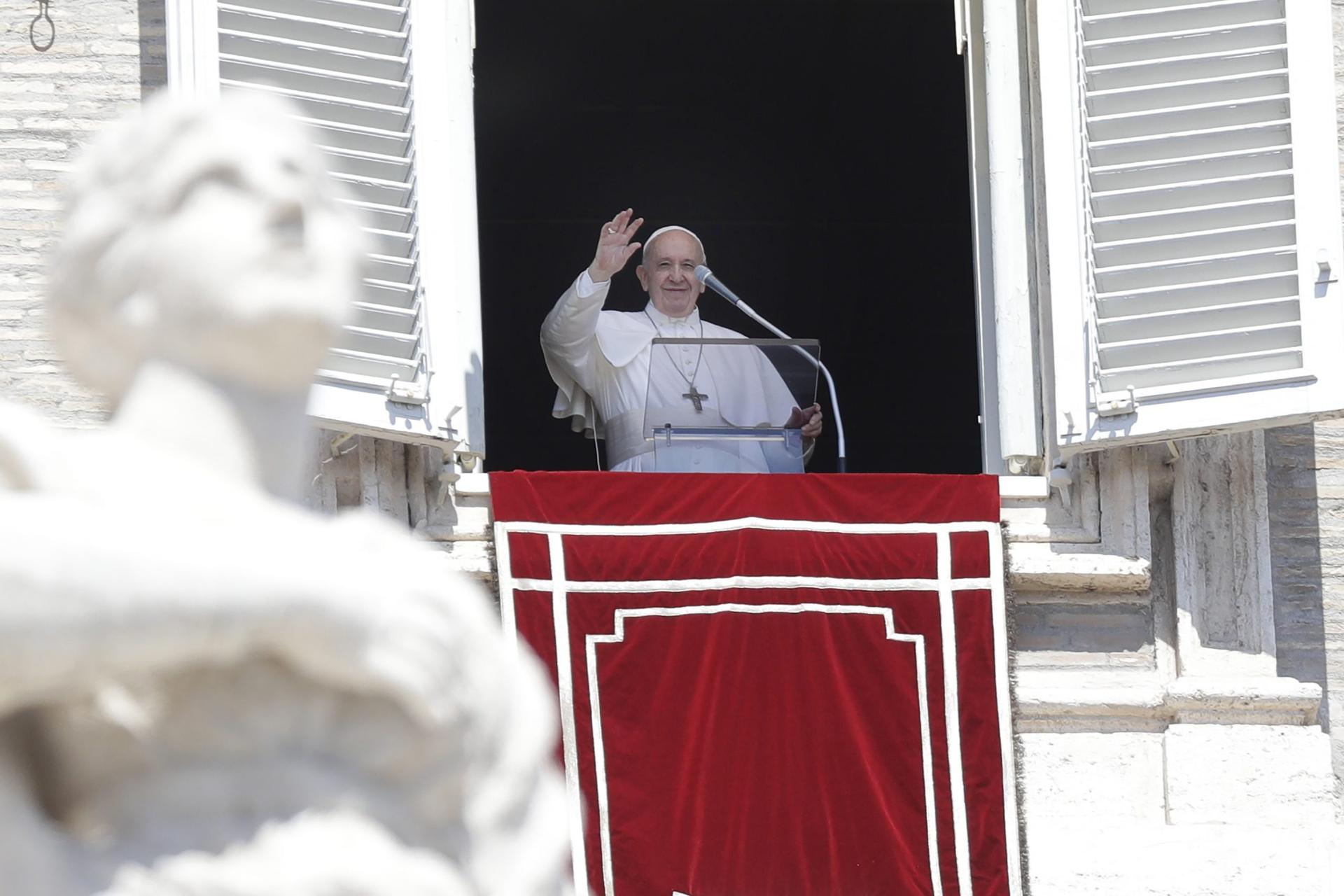ROME – For Italians who are heirs to the legacy of centuries of theocracy, and for whom clerical involvement in politics is so natural they even have a specific word for it (ingerenza, roughly meaning “interference” or “meddling”), it’s axiomatic that if something is happening on their local political scene, the Vatican must be involved.
Thus it is that amid the crisis triggered in mid-August by Deputy Prime Minister Matteo Salvini’s announcement that his “League” party would abandon a left/right populist coalition government and press for new elections, the Italian media is currently full of speculation about the Vatican’s alleged behind-the-scenes role.
Among political pundits here, it’s taken for granted that Pope Francis and his team are hostile to Salvini, the right-wing populist firebrand whose main claim to fame is enforcing a hardline anti-immigrant stance in his role as Interior Minister. Francis is legendary for his pro-immigrant position, so much so that anti-Salvini protesters in Italy sometimes show up with nothing more than a picture of the pope to express where they stand.
On Monday, several Italian media outlets published slightly varying versions of the same basic theory about the Vatican’s role in the current Italian political mess.
In essence, the theory holds that the Vatican wants to block Salvini from taking power at all costs. At the moment, polls suggest his League party is the most popular in the country by a fairly wide margin. The latest public opinion survey published Monday has Salvini and the League at 38 percent, with the next closest competitor, the left-leaning Democratic Party, at 23 percent.
While that gives Salvini an impressive following, it’s not enough to govern on his own. The theory holds, therefore, that Francis has tasked his top aide, Italian Cardinal Pietro Parolin, with promoting what’s known here as an “Ursula Majority” as an alternative, the reference being to the new president of the European Commission, Ursula von der Leyen.
When von der Leyen came up for a vote before the European Parliament in July, three major Italian parties – the leftist Democrats, the conservative Forza Italia party of former Prime Minister Silvio Berlusconi, and the left-wing Five Star movement which had been the coalition partner of Salvini, all voted in her favor. Salvini’s League members, on the other hand, voted “no.”
The idea is either that those three parties could come together right now and form a government, at the invitation of Italian President Sergio Mattarella, or if not, they could put one together after a vote if their present levels of support hold up.
Those Italian press reports further suggest that Parolin, working through local bishops and papal ambassadors, is also putting together a deal with France and Germany to provide additional funding for Italy’s efforts to cope with the continent-wide refugee crisis – on the condition, of course, that Salvini not take power.
Part of the deal would be that Italian efforts to increase a tax called the IVA (the Italian acronym for “value added tax”), basically meaning a levy on imports, would not encounter resistance in Brussels or from the rest of Europe, and that European pressures on Italy to deal with its ballooning public debt would also ease.
All this, according to media reconstructions, is part of an effort shared by the Vatican and both his Italian and European opponents to “neutralize” Salvini. One media outlet referred provocatively to this alleged Vatican push as a “white coup,” in reference to the color of the pope’s garments.
Another local paper quoted an unnamed Vatican official about the prospect of a Salvini government in highly negative tones.
“He’s number one for getting votes, for sure, but disappointing in his capacity to govern and improve the country,” the alleged Vatican insider said. “You can’t run a country just by indulging the belly … you have to offer a horizon and a perspective to offset people’s fears.”
Naturally, the obvious question would be: Is any of this true? Is the Vatican really running an anti-Salvini campaign?
Were you to ask that question of an official Vatican spokesperson, the answer almost certainly would be “definitely not.” The pope offers broad moral guidance for political life, they would say, but is above the fray when it comes to specific parties and candidates.
Off the record, what Vatican officials generally tell you is that while it’s clear there are differences between the visions of Francis and Salvini – not to mention no little annoyance at the way Salvini brandishes Bibles and rosaries during his public appearances, in a fairly naked attempt to position himself as a defender of traditional Catholic identity and values – there’s no organized campaign on the part of the Vatican.
Besides which, those same officials will say, the Vatican has plenty of experience dealing with governments which are seen as hostile for one reason or another, and Salvini is hardly the most alarming figure in that long history.
RELATED: Italy’s anti-immigrant populist leader denies conflict with Pope
Yet in the virtual reality universe of the early 21st century, it almost doesn’t matter whether the speculation is really correct. What matters is that people believe it, which means that many Italians will assume a vote for Salvini is a vote against the pope, or that standing with the pope means standing against Salvini.
The net result is likely that if Salvini and his League party do manage to come to power, it will be interpreted as a loss for Francis. If he’s blocked, Francis probably will get the credit – in either case, perhaps, without even really trying.
Follow John Allen on Twitter: @JohnLAllenJr
Crux is dedicated to smart, wired and independent reporting on the Vatican and worldwide Catholic Church. That kind of reporting doesn’t come cheap, and we need your support. You can help Crux by giving a small amount monthly, or with a onetime gift. Please remember, Crux is a for-profit organization, so contributions are not tax-deductible.















